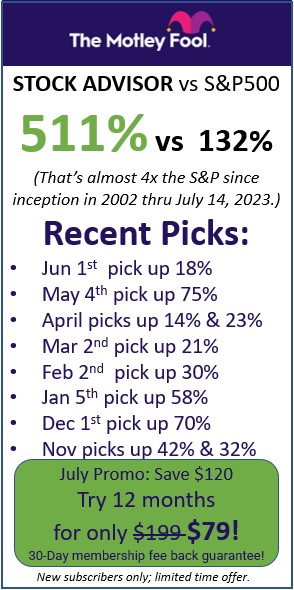
Buying real estate can be a challenge. Whether you are looking to acquire it for your next home or as an investment, one of the most important things to know is whether the market that you are looking to buy in is a buyer’s or a seller’s market. This is because in a buyer’s market there are more properties to buy than there are buyers, making it more advantageous for buyers.
Here are some of the key factors for determining if a real estate market is better for buyers or sellers:
The Amount of Property Inventory
One of the first things that you should do when determining the status of a particular real estate market is to check the number of months of available inventory. You can do this by dividing the number of properties for sale by the number of sales in the past 30 days. A market that has 50 properties for sale and 5 sales within the last month has an inventory of 10 months.
A market with 4 or less months of inventory is considered a seller’s market while a market with more than 7 months of inventory is considered a buyer’s market. A market with 5 to 7 months of inventory is considered balanced. This means that the market favors neither buyers or sellers.
To find the list of properties for sale in a given location, you can use a website such as Trulia.com or Zillow.com. You can find recent sales in a particular region or zip code through Realtor.com.
Mortgage Rates
Another important factor in determining whether a real estate market is better for buyers or sellers is prevailing mortgage rates. When mortgage rates are low, more people have the ability to purchase real estate. This tends to lead to more buyers and the creation of a seller’s market. Conversely, when mortgage rates are high, less people can afford to buy a house and this can lead to a buyer’s market.
You can find current mortgage rates at a variety of websites. You should also pay close attention to financial news that can determine whether mortgage rates will go up or down in the immediate future, such as when the U.S. Federal Reserve raises or lowers its interest rate.
The Performance of Comparable Properties
If you are looking to buy or sell a particular type of property, such as a condominium or a multifamily dwelling, you may have to look at the real estate market at a more granular level. This is because in any given real estate market, some types of properties may be in higher demand than others, and sometimes this difference can be significant.
You can research and compute the value of property as an investment by:
- looking only at properties that are comparable to one that you want to buy or sell,
- and by considering other important determining factors such as popularity and/or market volume.
The Stability of Prices
When researching a particular real estate market, it is important to look at more than just property prices at any given moment. You need to look as well at the stability of these prices. If properties have been experiencing many price cuts while on the market, this can be a sign of a buyer’s market. Conversely, stable prices (or increases) can mean that it is a seller’s market.
How Long Properties Are Staying on the Market
You should look not only at how many properties are available in a specific market but also at how long these properties have been on the market. If the average property spends many months on the market (or longer), this can be a sign that it is a buyer’s market. On the other hand, if properties are selling within weeks of being put on sale, this likely indicates a seller’s market.
The Volume of Distressed Properties
The volume of distressed properties can indicate the health of a real estate market. A distress property includes the following:
- foreclosed sales
- short sales
- auction sales
A high amount of distressed properties in an area can mean that it is a buyer’s market while having none or few of these types of properties can mean that a seller’s market exists. In a distressed market is also important to consider the health of the local economy and its ability to rebound.
Summary
Understanding the status of the real-estate market can help you determine whether it is a good time to buy or sell. By following these outlined factors, you can effectively come to a more educated and well-rounded market synopsis.

 Jobs data released, Stocks Up!
Jobs data released, Stocks Up!